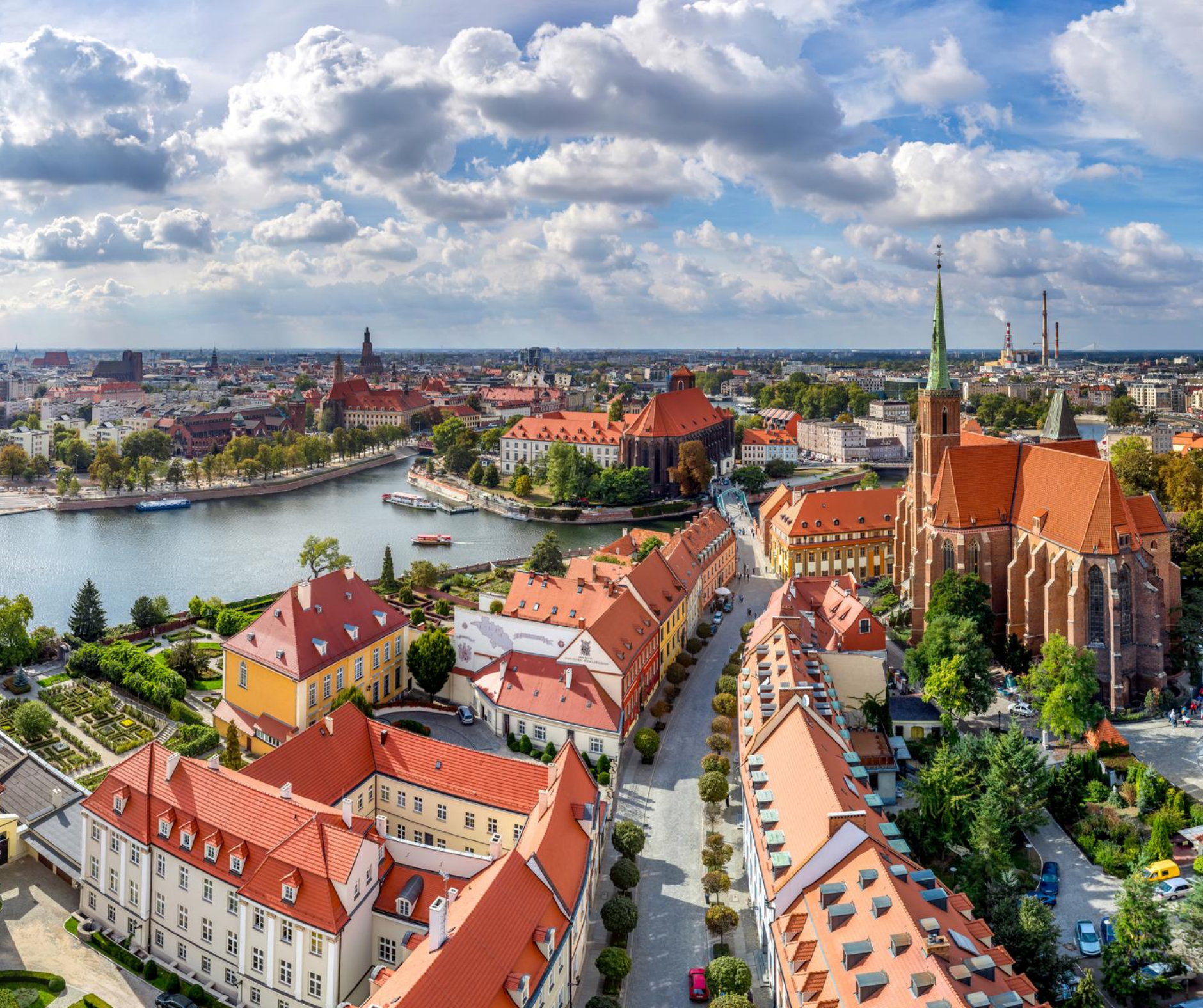The AV Travel group tour had the opportunity to delve into the early life and legend of Pope John Paul II on our Eastern Europe tour. Hailing from Poland, he was a young man with a noble dream of championing human rights and freedom not only for his fellow countrymen but also for people worldwide. In this blog, accompanied by captivating photos by Hoàng Linh, we aspire to convey a glimpse of the profound encounters and invaluable lessons we have experienced from this remarkable individual.
Pope St. John Paul II, born Karol Józef Wojtyła, was one of the most influential figures in modern Catholicism. His life was marked by a remarkable determination to survive and resist oppressive regimes while carrying out his mission as a priest, bishop, and ultimately, as the Pope.
Early Life in Poland: Karol Wojtyła was born on May 18, 1920, in Wadowice, a small town in southern Poland. He lost his mother at a young age, and his older brother and father passed away before he turned 21, leaving him with a profound sense of loss and responsibility. Despite these challenges, Karol developed a strong faith and was drawn to the priesthood from a young age. https://avtravel.com/tour/eastern-europe/
Surviving Nazi Occupation: During World War II, Nazi Germany occupied Poland, and young Karol experienced the horrors of the war firsthand. He began his seminary studies in secret, as the Nazis suppressed religious institutions. While working in a quarry to avoid forced labor in Germany, Karol continued his education and participated in the Polish underground resistance movement, which promoted education and culture in the face of oppression.
Priesthood and Resistance to Communism: After the war, Karol was ordained as a priest in 1946 and furthered his studies in theology. In 1958, he was appointed as the auxiliary bishop of Kraków, and in 1964, he became the Archbishop of Kraków. During this time, he became known for his intellectual prowess, pastoral care, and opposition to the repressive communist regime in Poland. He emphasized the dignity of the human person and spoke out against social injustices.
Election as Pope: In 1978, Cardinal Karol Wojtyła was elected as Pope John Paul II, becoming the first non-Italian Pope in 455 years and the first-ever Polish Pope. His election was met with great enthusiasm and hope, particularly in his homeland, where he was seen as a symbol of resistance against communism.
Championing Human Rights and Freedom: Throughout his papacy, Pope John Paul II played a pivotal role in advocating for human rights, religious freedom, and democracy, especially in Eastern European countries under communist rule. He took numerous trips to Poland, addressing large crowds and encouraging the Polish people to resist the communist regime through non-violent means.
Supporting Solidarity Movement: In Poland, he supported the Solidarity movement, an independent labor and political movement led by Lech Wałęsa. His influence and moral support bolstered the movement, which ultimately played a crucial role in the downfall of communism in Poland and beyond.
Contributions to World Affairs: Beyond Poland, Pope John Paul II played a significant role in international diplomacy, engaging in dialogue with leaders from various countries and religions. His commitment to peace and reconciliation led him to promote interfaith dialogue and condemn violence and injustice worldwide.
Legacy: Pope St. John Paul II’s papacy had a profound impact on the Catholic Church and the world. His determination to survive and resist oppression during the Nazi and communist eras showcased his unwavering faith and dedication to his mission. His teachings and contributions to human rights, social justice, and the promotion of peace continue to inspire millions around the globe.
Pope John Paul II passed away on April 2, 2005, leaving behind a legacy of love, compassion, and a profound commitment to human dignity and freedom. He was canonized as a saint on April 27, 2014, by Pope Francis. https://avtravel.com/tour/eastern-europe/

